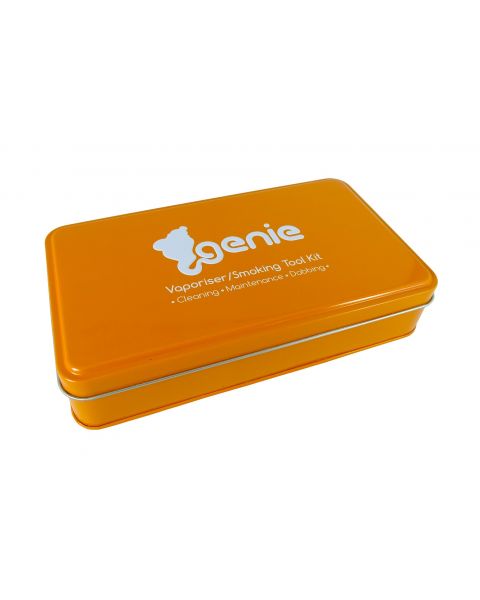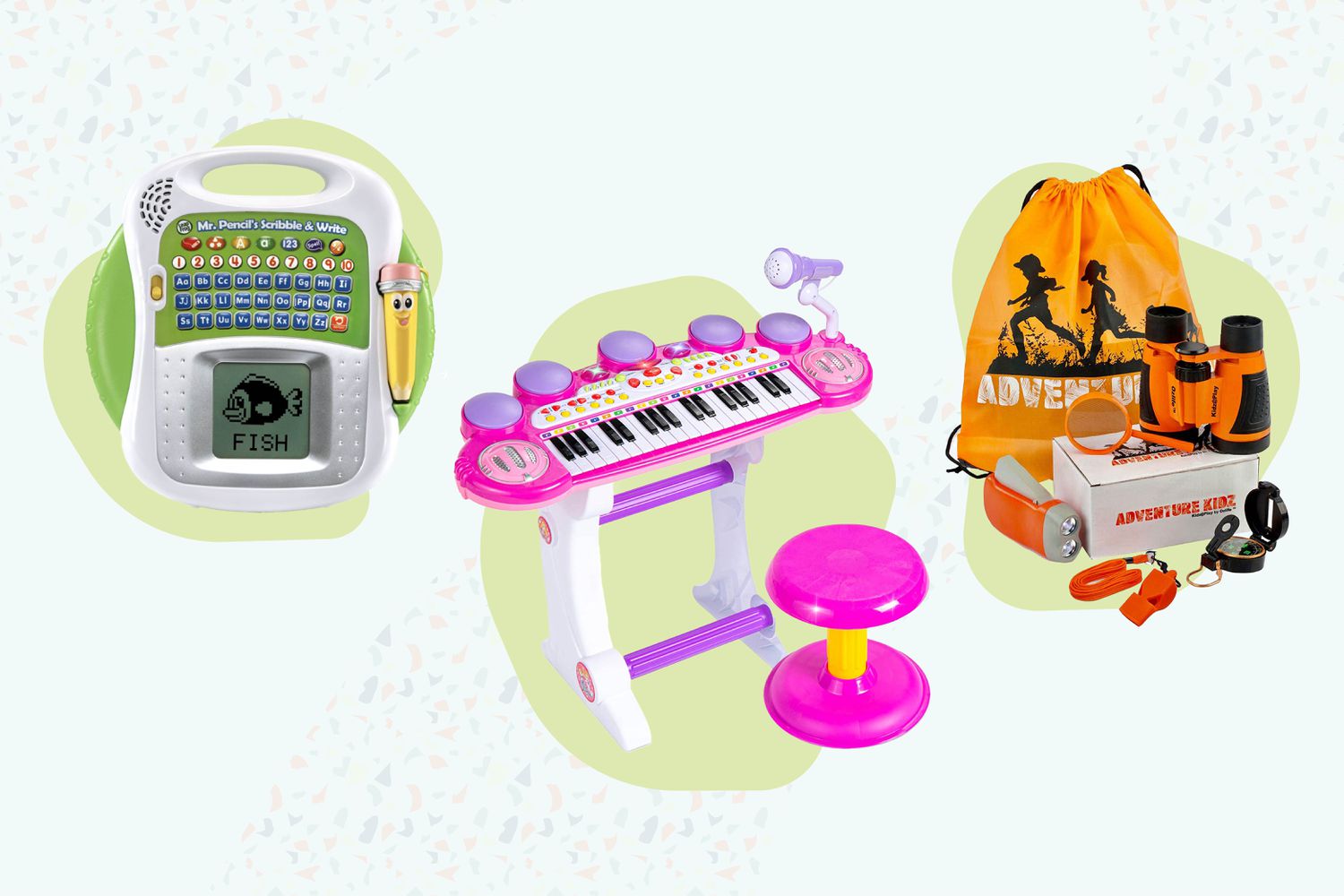
When it comes to spicing up the kitchen, there are many vintage kitchen utensils to choose from. These items are great for collectors but also provide a lot of enjoyment to the cook. You can find a variety of kitchen gadgets at your local antique store, or even on eBay. You will need to be able to identify the distinctive features of a particular type of utensil if you're looking for one.
Some utensils have been specifically designed to be used in conjunction with certain foods. A nutmeg-grater, an old-fashioned kitchen tool that is used for grating nuts, is one example. Another utensil you may see in the kitchen is a cookie press, which is a tool that presses dough into shapes.
Pastry blenders were commonly used to make pie crust. A pastry blender featured a plastic or wood handle and metal "hoops", at the base of its blade. Metal and glass kitchen knives became increasingly popular in late 19th- and early 20th century. The metal is durable and does not rust.

Ladles were also common in many kitchens. They were generally made of silver or copper, but were also often made of glass. Many products were produced from plastics and aluminum after the 20th-century.
Older versions of these tools were made with wooden handles. Some may still have hand-carved marks. The majority of these kitchen knives are still made out of metal. However, some of them are painted or have wood or plastic handles. Their value can be determined by the handles on older utensils.
A cookie press is one of the most popular antique utensils. It's a cylinder that pushes the dough into a small circle. These types of objects were common in Scandinavian, German and other cultures. These bakers loved spritz cookies, which are a type pastry that is pressed into small round shapes.
Wooden spoons make a great kitchen utensil. Wooden spoons, which have been around for centuries, are often found with painted and carved handles. Although they can be hard to recognize, these utensils are fairly consistent in shape.

These utensils will be a great addition to your kitchen. You can make a huge meal, or simply enjoy some delicious homemade snacks with a vintage utensil.
Don't be afraid, last but not least, to recycle old kitchen items. Using creative recycling methods, you can transform these objects into decorative elements. You can also donate them for charity to help those in need.
You can make a wise investment in vintage cookware if it is possible to restore your old kitchen. However, these pieces will need some extra care so be sure to clean them thoroughly. Many of these items cannot be washed in a dishwasher. You'll have to wash them by hand.
FAQ
Is it worth signing up for rewards and insider programs wherever you shop?
Rewarding yourself with great rewards is great but not always worthwhile. You should ensure that you receive value when you sign up for an internet program. It's important that you know exactly how much you'll spend on it.
Do not sign up just for the bonus. Sometimes these bonuses won't be worth the effort to apply for one.
Ask yourself why you are interested in joining rewards programs before you sign up. Many times people join just because their friends are doing it. You won't enjoy the company's products or services if that is the case.
Can I buy clothes online and return them?
Absolutely! It's actually easier than ever to order clothing online. All major retailers offer free returns. Simply print off a label and drop it in the mail.
Keep in mind, however, that you will not receive a refund if the item has been received. If you aren't satisfied with the product for any reason, you will need to return it.
Where can I get coupons for online shopping
There are two ways you can find coupons online: 1. Visit the website of the company where you intend to shop; 2. Search Google to search for coupon codes. Both methods work, but some websites may be easier to navigate than others.
How can I protect my privacy online?
It's important for consumers to know what information they are giving away when they use an online service such as Amazon.com. Consumers should always ask themselves if they want to share personal information with companies like Amazon. If you don't wish to share such information, you may need to limit your shopping experience on sites you feel comfortable sharing your private details.
What are the advantages and disadvantages to shopping online?
Online shopping is a great way to save money for both the consumer and the retailer. The main benefit is convenience. People can shop anywhere they want. Also, there are fewer restrictions on what you buy because you don't have to go into stores to browse. There are also some drawbacks. For example, online shoppers may not know exactly how much an item costs until they purchase it. This could lead them to overspend. Customers might also feel safer shopping in big-box stores because they have the opportunity to see products in person. Online customers may not have the option to return a product if they decide to buy it elsewhere. Finally, online shopping may pressure brick-and-mortar stores because they might lose business to online competitors.
Statistics
- A report from the U.S. Census Bureau found that in the first quarter of 2022, an estimated $250 billion was spent on retail e-commerce sales.1 (thebalance.com)
- The vast majority only change a password to protect privacy a few times a year (27 percent) or, more likely, never (35 percent). (pcmag.com)
- Beyond that, you'll be liable for a 25% import tax. (makeuseof.com)
- All items on AliExpress have an estimated delivery time on the product page, and it's usually anywhere from 20 to 60 days. (makeuseof.com)
External Links
How To
What are safe shopping techniques online?
Online shopping safety is a key skill that anyone can learn. It's important to know how you can shop at different sites without being scammed.
Continue reading if you're interested in learning more about buying online. This article will explain all the tips and tricks that can help you avoid falling for scams.
-
Do your research. Before you decide to shop online, it's essential to do your homework first. Read reviews of the company you plan to purchase from, look for customer feedback, and get recommendations from friends and family.
-
You can shop around. If you're unsure whether a particular store is reputable, compare prices among several sellers. Also, consider using price comparison apps like Google Shopping and Amazon Price Checker. These tools let you see which retailers have the lowest prices.
-
Be aware of red flags. When browsing product pages, be aware of any signs indicating a scammer may be trying to trick you. You may find fake sites that use misspelled words and grammar errors. They also often display incomplete products or sell counterfeit its.
-
Beware of pop-up windows. Pop-ups are sometimes used by websites to collect passwords or credit card numbers. When you see one of these pop-ups, click "escape" to close it immediately or choose another browser window.
-
Ask yourself questions. When you visit a website, think about the following questions: Does this website seem trustworthy? Is it able to provide what I need? Can I trust the people behind this site?
-
Don't divulge any personal information. You must initiate the transaction before you can give financial information over the telephone or via email.
-
Avoid clicking on links in emails. It is very easy to click links in emails and end up on a fake website. To avoid this type of fraud, only open emails from trusted sources (such banks)
-
Use strong passwords. A strong password should include letters, numbers, and symbols. Make sure you keep your password secret and never share it with others.
-
Be cautious when downloading files. Always download files directly from their source rather than opening them from email attachments. Never open attachments from unknown senders. Also, delete attachments that ask for you to install a program as soon as possible.
-
Report suspicious activity. If you suspect your identity was stolen, immediately contact your local police department. You can also file a Federal Trade Commission complaint.
-
Protect your device. Make sure you have anti-malware protection installed on your computer. It could protect you from hackers gaining access to your private information.
-
Senior scammers to watch out for Seniors are more susceptible to scammers because they are less likely than others to be able to spot fake messages and websites.